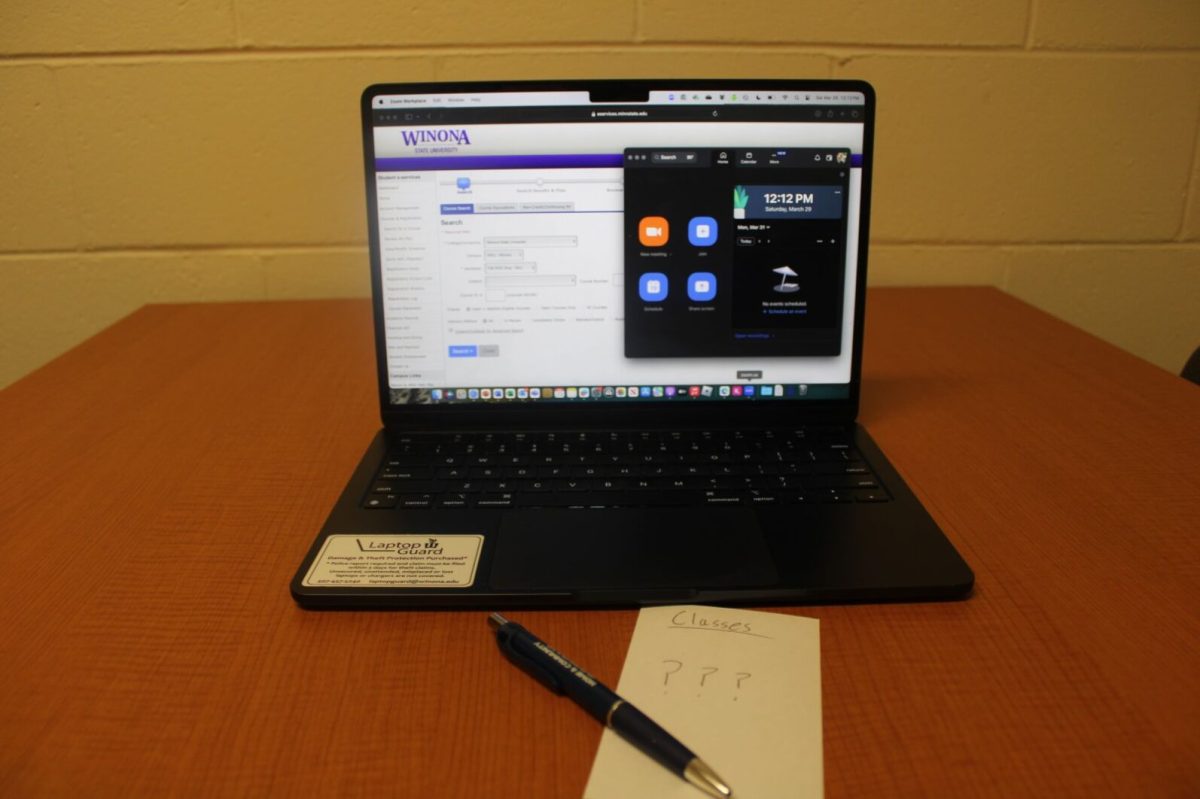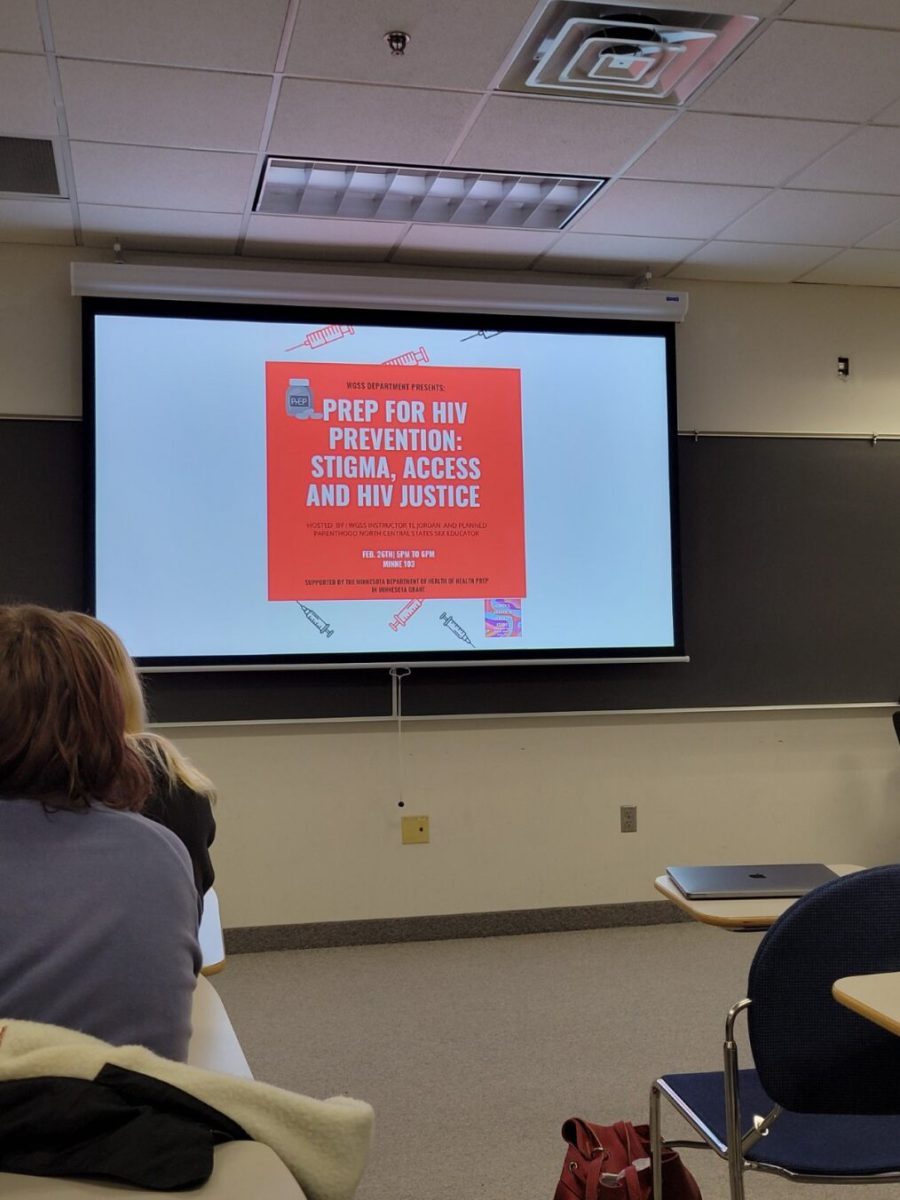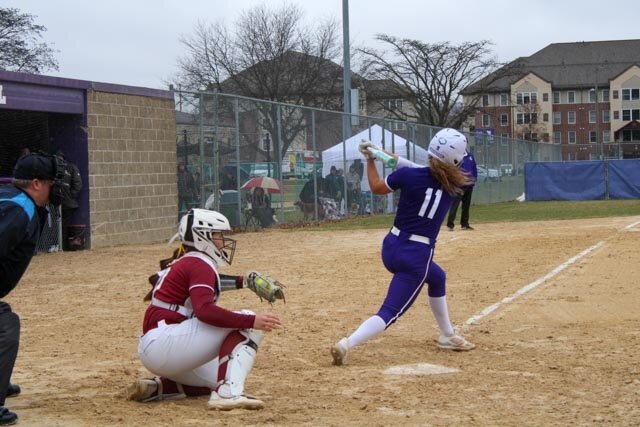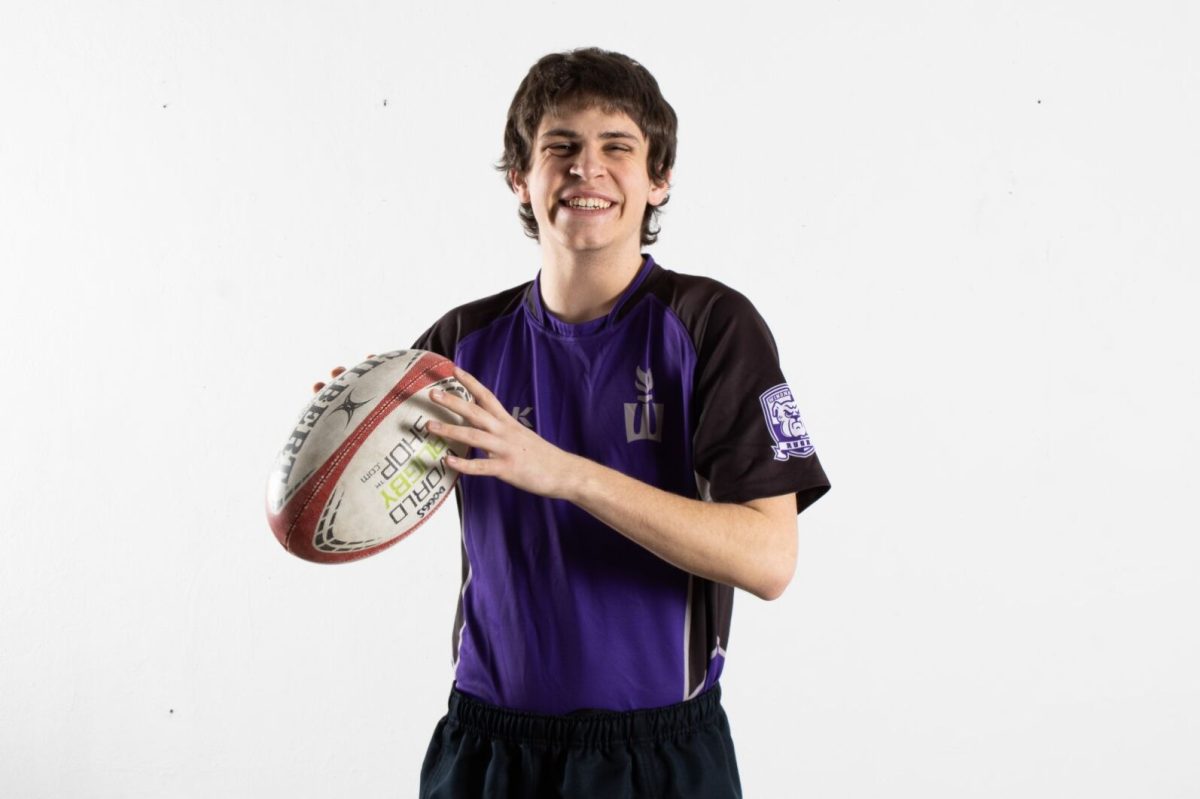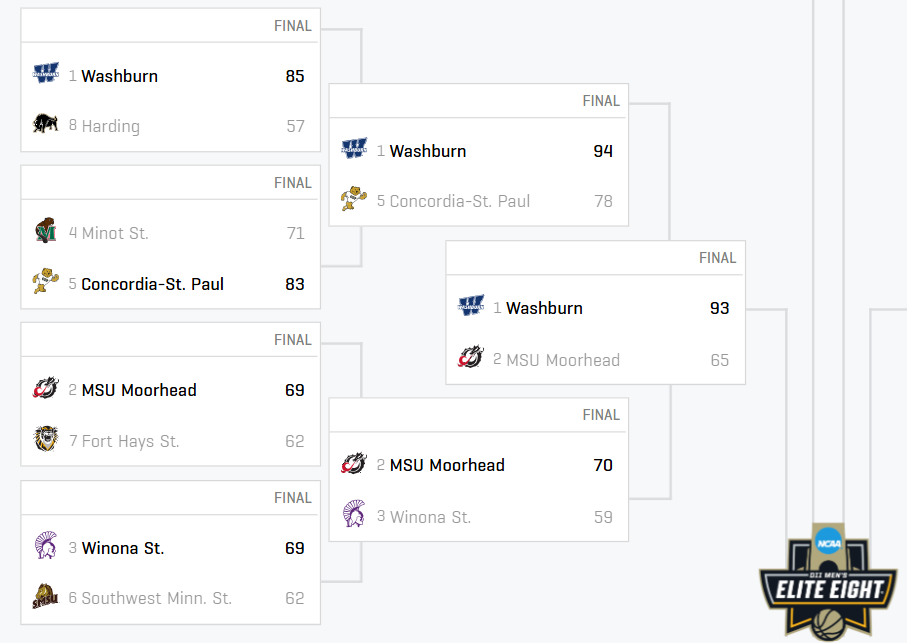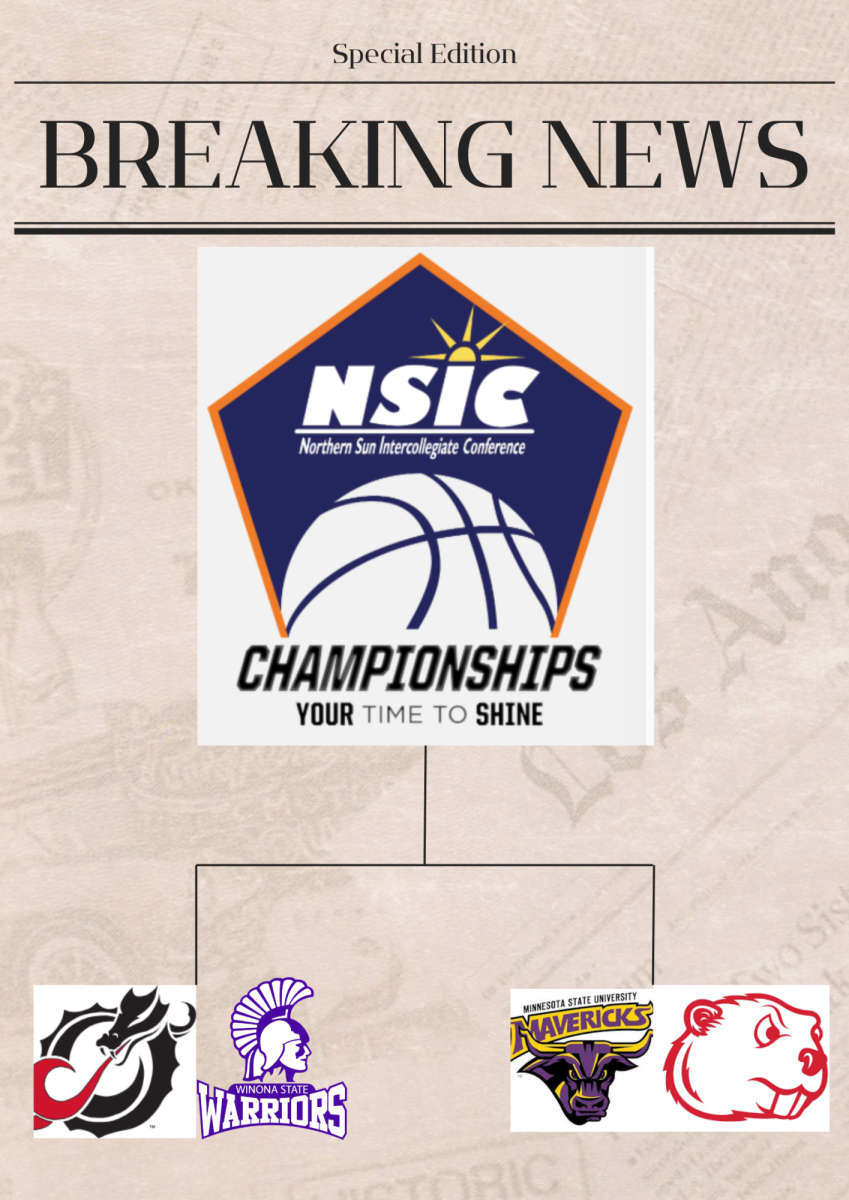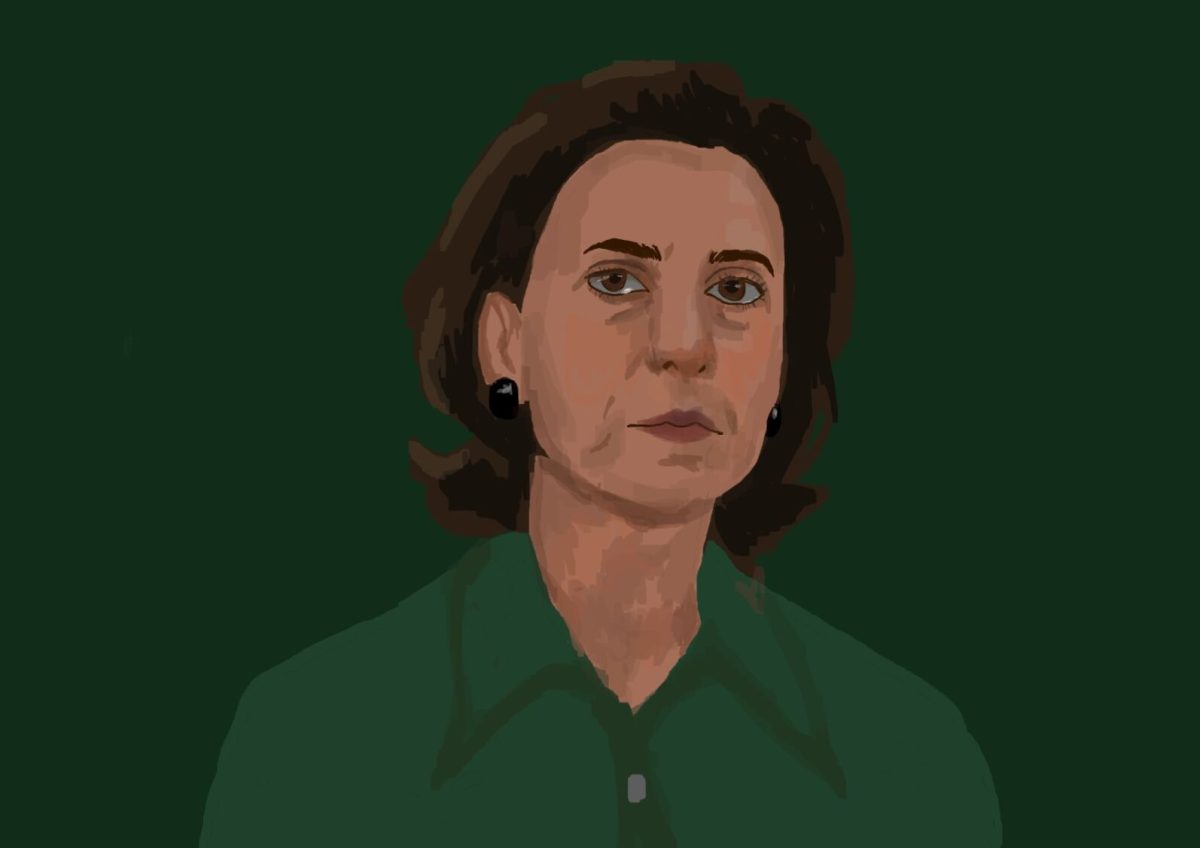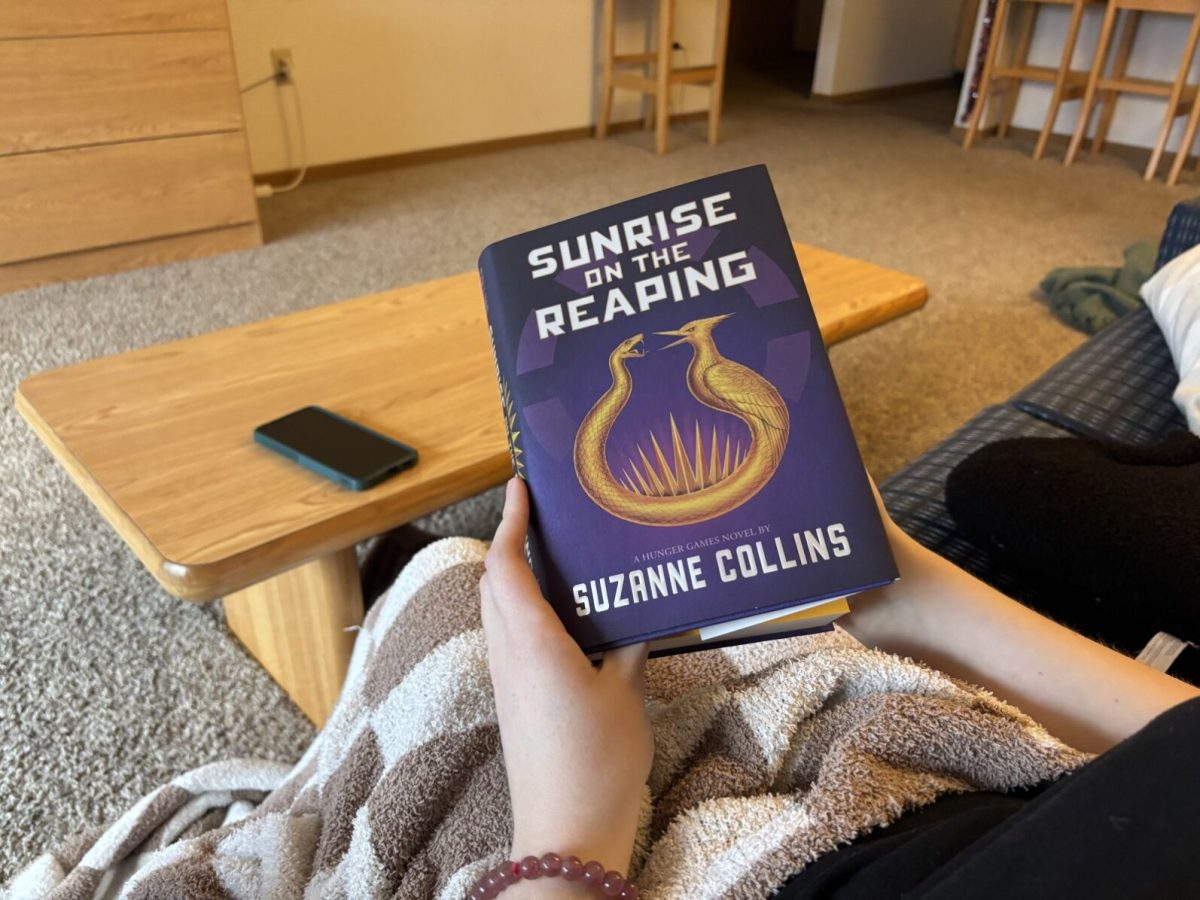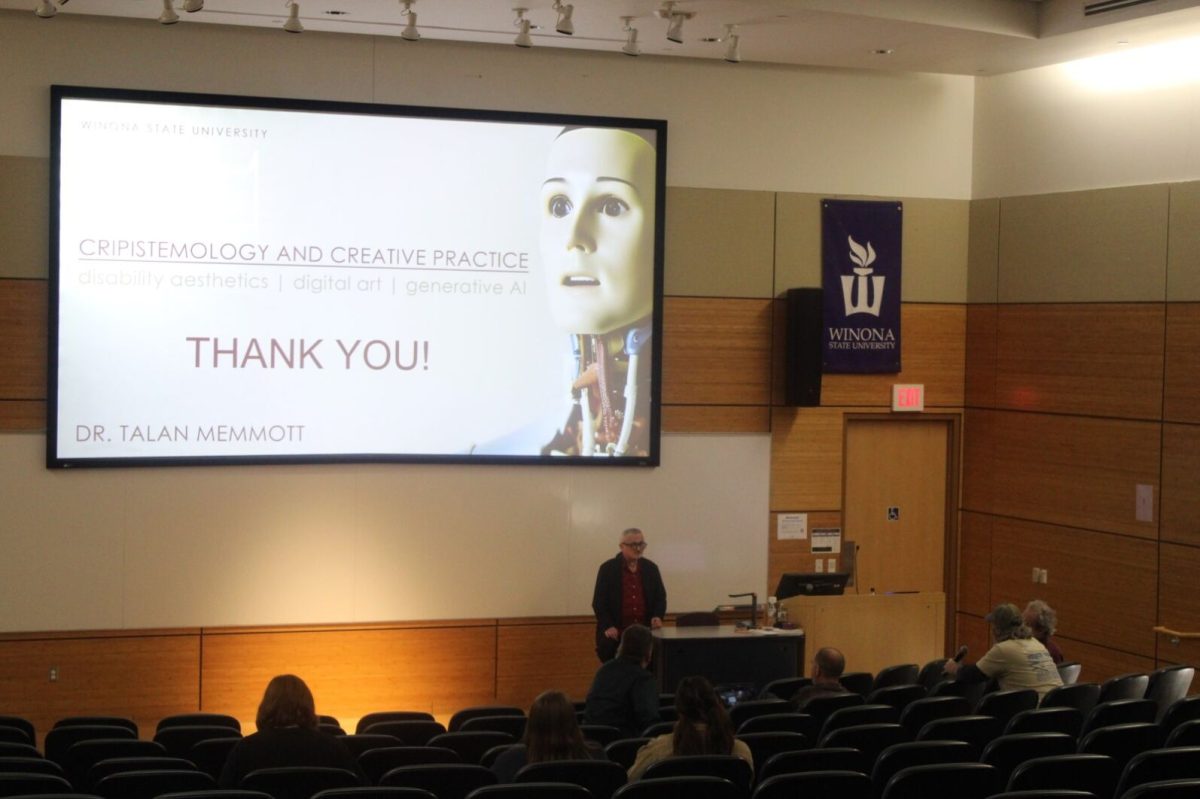Winona Prize celebrates creativity

October 24, 2018
The fall of the 2018-19 school year will mark the fourth consecutive year of the Winona Prize in Creative Writing, presented by the Winona State University English department.
Funded by an anonymous Winona State graduate who grew up surrounded with an appreciation for the “value of words,” as expressed on the Winona State website, the contest calls students from all departments and all grade-levels to participate.
It awards three separate prizes of $1,500, presented by the Winona State University Foundation, to the winning literary piece’s author in three different categories: poetry, fiction and creative nonfiction. Each category has its own specific guidelines of entry.
The Winona Prize is not restricted to English department students, but is always seeking to get the student body more involved and receive more submissions from different varieties of majors and students. Elizabeth Oness, a published author and English professor at Winona State, encourages everyone to submit.
“We get students from all majors applying and last year the winner of the fiction prize was a global studies major, so that was fun,” Oness said.
Last school year, Emma Cavanaugh won the poetry category, Walker Larson won for nonfiction and Eric Leith for fiction. Leith was the first winner who was not a part of the English department but a global studies major.
“The best part about being a winner for me was just being able to say I wasn’t an English major and was still able to win. It was a big confidence booster in my abilities and my work,” Leith said. “I would highly encourage other students to enter. Initially, I was hesitant to enter since I didn’t think I would be able to compete with people who have spent much more time studying writing than I had. I think the better reward was that it reinforced the idea that it’s important to try things even if you might fail.”
Along with the monetary prize, winners also receive the honor of having their work published in Satori, Winona State’s annual literary and art magazine.
Cavanaugh commented on that part of the award.
“Being published for the first time was a huge boost to my confidence. It really solidified my identity as a writer and an artist,” Cavanaugh said.
To submit, contestants have to meet the following criteria: be an undergraduate student enrolled full-time at Winona State with passing grades, a minimum of 12 credits per semester for the school year and must have completed a creative writing course at Winona State. After qualifying for those rules, the guidelines vary slightly based on which category a student enters.
The topics of any submission are not restricted by any theme or topic like other writing contests are. Last year’s winners touched on topics like nature and fly-fishing and other years have displayed pieces on frogs, human psychological damage and gender-based differences.
Cavanaugh said she would encourage others to enter the Prize.
“As a writer, you should always be submitting your work, all the time. You never know what could happen. Worst case scenario, you never hear about it again. You may even get feedback and learn how to be a better writer, so you can submit your best work in the future,” Cavanaugh said.
Contestants may enter each category once if desired, resulting in three possible entries total for the Winona Prize.
Submissions are due on or before Thursday, Nov. 15, to Candi McKeeth on the third floor of Minné in office 304. Besides the actual manuscript, each submission must contain a cover sheet, a one-paragraph biography and a legible photocopy of one’s DARS report that has the qualifying creative writing course highlighted or circled, all in hard copy form.
The Winona Prize has been a success so far and its fourth year hopes to receive more submissions than in previous years, not only to award three students for their hard work and creativity but to potentially “change someone’s life,” as stated by the anonymous donor of the contest in Currents, Winona State’s alumni magazine in 2017.


